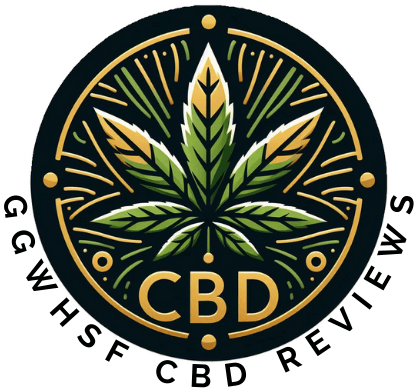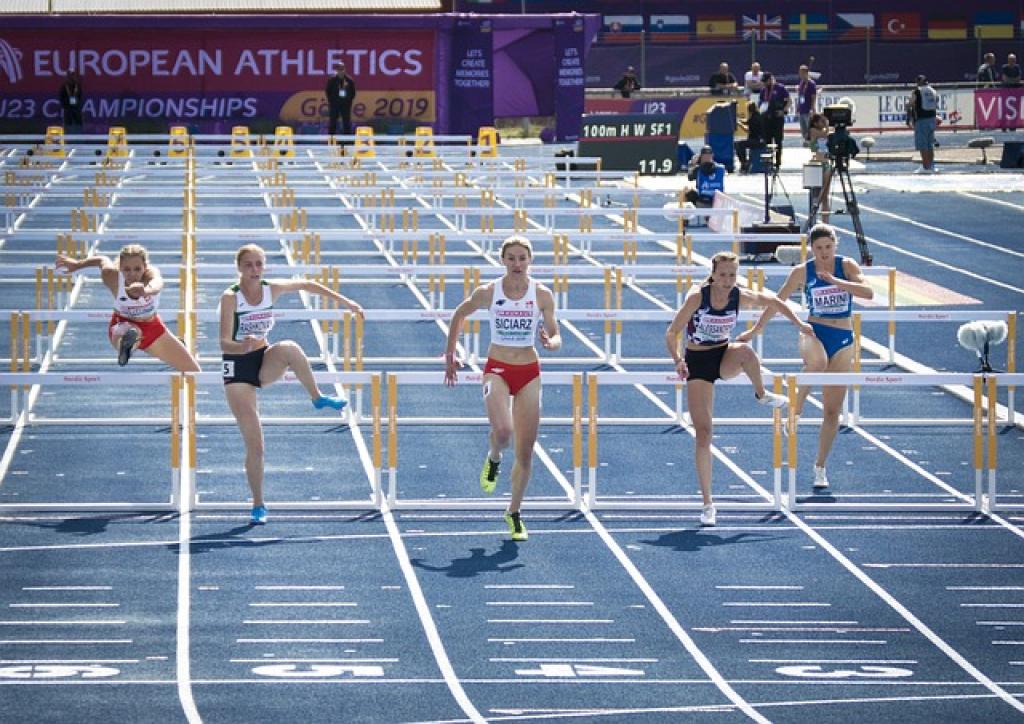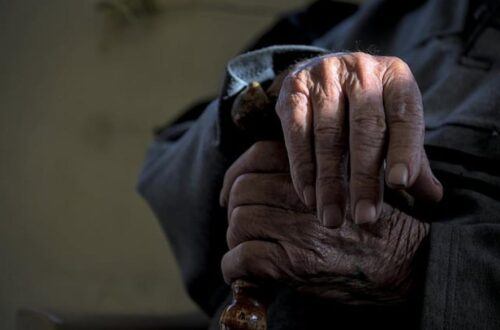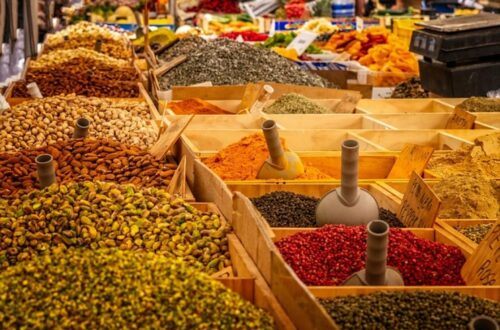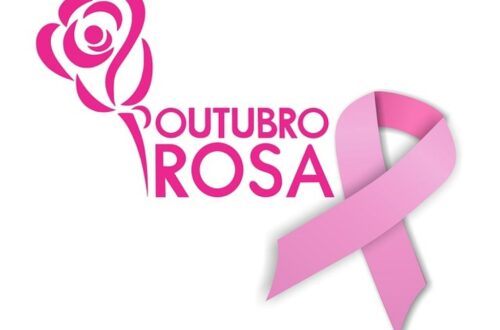Picture this: you’ve just finished an intense workout, your muscles are aching, and you’re feeling the burn. Traditional recovery methods like ice baths and rest days can help, but what if there was something more?
Enter CBD, the natural compound taking the sports world by storm. CBD, short for cannabidiol, is derived from the cannabis plant but without the high. It promises potential benefits like reduced inflammation and quicker muscle recovery, which could mean fewer sore days and more time doing what you love.
But how exactly does CBD work for athletes? And is it worth the hype? Let’s dive into the ways CBD can become a game-changer in your post-training routine.
Understanding CBD and Its Effects on Athletes
CBD is one of over 100 compounds found in the cannabis plant. Unlike its infamous cousin THC, CBD doesn’t cause a high. Instead, it interacts with the body’s endocannabinoid system (ECS), which plays a key role in regulating pain, mood, sleep, and immune response.
For athletes, this interaction can be incredibly beneficial. Research suggests that CBD may help reduce inflammation and pain—two main culprits behind muscle soreness and longer recovery times. This means you might experience less discomfort after intense training sessions, enabling you to bounce back faster.
Additionally, CBD has been linked to better sleep quality. And we all know how crucial sleep is for recovery and overall athletic performance. Imagine waking up feeling refreshed, with your muscles ready to take on the next challenge.
Another perk? CBD is believed to help manage stress and anxiety. The mental aspect of recovery is just as important as the physical, and a calm mind can significantly speed up the process.
Ultimately, while more research is always beneficial, many athletes are already swearing by CBD as a potent tool in their recovery arsenal.
The Science Behind CBD’s Role in Recovery
Let’s dive a bit deeper into the science! At the heart of CBD’s effects is the endocannabinoid system (ECS). This complex system helps regulate various bodily functions, such as pain sensation, immune response, and mood.
CBD doesn’t directly bind to ECS receptors but instead influences them in a way that enhances your body’s natural cannabinoids, promoting balance and homeostasis. This modulation can lead to reduced inflammation and pain, which is why so many athletes turn to CBD for relief after strenuous workouts.
Another fascinating aspect is CBD’s impact on cortisol levels. Cortisol, known as the stress hormone, can hinder muscle recovery if levels remain elevated post-exercise. CBD appears to manage cortisol production, helping your body transition from “fight-or-flight” mode into a more relaxed state, ideal for recovery.
Furthermore, CBD interacts with serotonin receptors, which play a crucial role in mood regulation. Lower anxiety and stress levels can substantially improve sleep quality. And better sleep means faster muscle recovery and overall improved performance.
Best Practices for Athletes Using CBD for Recovery
If you’re considering adding CBD to your recovery routine, some best practices can help you maximize its benefits.
First, start with a low dose. This allows you to see how your body reacts before you scale up. Remember, everyone’s body responds differently to CBD, so it might take some experimentation to find your ideal dosage.
Timing is also key. Many athletes prefer to take CBD post-workout to fight inflammation and soreness. However, some find it useful to take small doses throughout the day to maintain a steady level in their system.
Choose high-quality CBD products. Look for brands that offer third-party lab testing to ensure you’re getting a pure product free of contaminants. Also, decide whether you prefer full-spectrum, broad-spectrum, or CBD isolate, as each has its own benefits.
Pay attention to how you feel. Monitor any changes in soreness, recovery time, sleep quality, and overall well-being. This feedback will help you fine-tune your CBD regimen.
Lastly, don’t shy away from consulting with a healthcare provider, especially if you’re already taking other supplements or medications. They can offer personalized advice and help ensure that CBD won’t interact negatively with anything else you’re using.
Stick to these best practices, and you’ll be well on your way to integrating CBD effectively into your recovery process.
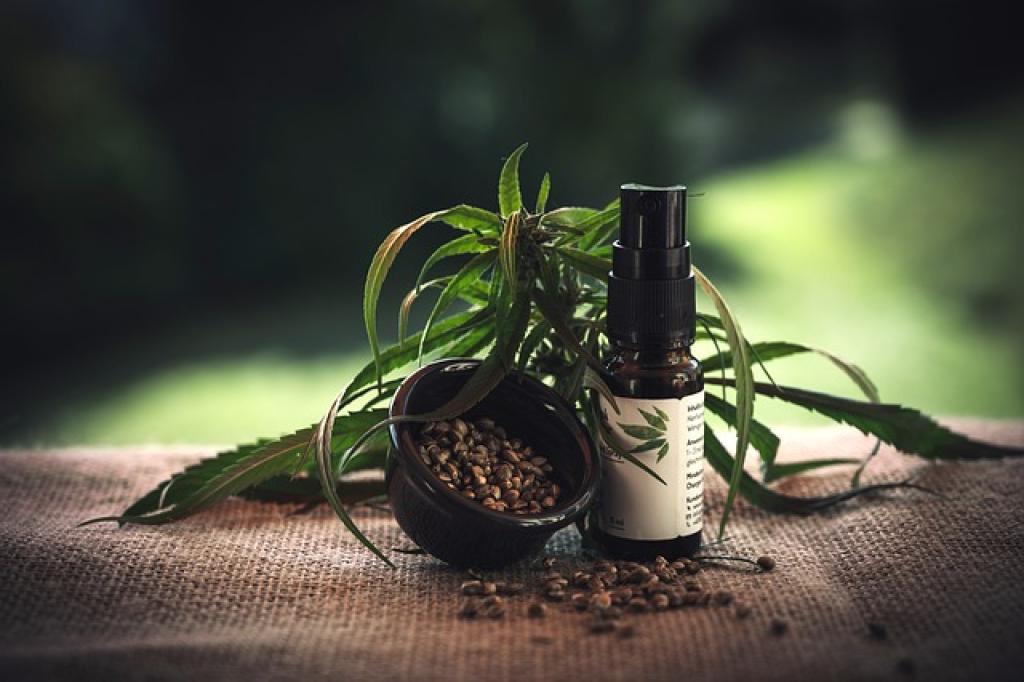
Potential Benefits and Risks of CBD for Athletes
For athletes looking to optimize their recovery, CBD offers a range of potential benefits.
One key advantage is its anti-inflammatory properties. Instead of relying on over-the-counter NSAIDs, athletes can use CBD to reduce inflammation and pain from intense workouts or injuries.
Another plus is improved sleep. Quality rest is essential for muscle recovery, and CBD may help to enhance sleep by alleviating anxiety and promoting relaxation.
CBD is also known for reducing muscle spasms. This can be a game-changer for athletes dealing with cramps or muscle tightness, allowing for a quicker return to training.
However, it’s crucial to be aware of the potential risks. While CBD is generally considered safe, some people might experience side effects like fatigue, dry mouth, or changes in appetite.
Another consideration is the lack of regulation in the CBD market. This means you have to be diligent in choosing reputable products to ensure you’re not consuming harmful additives or incorrect doses.
Finally, always remember that while CBD is allowed by most sports organizations, it’s vital to ensure your specific governing body permits its use to avoid any unintentional violations.
Balancing these potential benefits against the risks will help you decide whether CBD is a suitable addition to your athletic regimen.
CBD Products and Dosage Recommendations for Athletes
When it comes to CBD products, athletes have a variety of choices. From oils and tinctures to edibles and topicals, each form offers unique advantages depending on your needs.
CBD oils and tinctures are quite popular. These are typically placed under the tongue and absorbed quickly into the bloodstream, making them a great option for fast relief.
Topicals and Edibles
Topicals like creams and balms are excellent for targeting specific muscle groups. Just rub them on the sore spot, and let CBD do its magic directly where it’s needed.
Edibles, such as gummies or capsules, offer a convenient and discreet way to consume CBD. These might take longer to kick in but provide long-lasting effects.
Figuring out the right dosage can be a bit tricky. It is always suggested to start low and slow. Begin with a small dose, like 10-20 mg per day, and gradually increase until you find what works best for you.
Also, it’s wise to consult a healthcare provider, especially since factors like body weight, metabolism, and the specific demands of your sport can impact the ideal dosage.
Remember, there’s no one-size-fits-all when it comes to CBD, so a bit of experimentation and patience will go a long way in finding your sweet spot.
Incorporating CBD into your athletic routine can be straightforward if you pay attention to your body’s response and choose the right products and dosage. This will help maximize its benefits while minimizing any potential risks.
Real-Life Success Stories: Athletes and CBD
Many athletes have turned to CBD to help them with recovery, pain relief, and overall wellness, and their success stories are truly inspiring.
Take, for instance, MMA fighter Nate Diaz. He openly uses CBD to aid his recovery process. After grueling matches, he swears by CBD for reducing inflammation and managing pain, helping him get back to training faster.
World-renowned professional golfer Bubba Watson is another vocal supporter. CBD helps him stay calm and focused on the course, giving him a mental edge during tournaments. He credits it with improved sleep quality, too, which is crucial for maintaining performance.
Then there’s Megan Rapinoe, the soccer star who incorporates CBD into her routine to manage the physical and emotional stress of being at the top of her game. Megan uses various CBD products to deal with chronic pain, recover from injuries, and keep her anxiety in check.
These athletes’ stories highlight how CBD can be a game-changer, offering natural and effective relief. Their experiences provide a beacon of hope for others looking to enhance their performance and improve their overall well-being through CBD.
The Bottom Line: Optimizing Recovery with CBD
In conclusion, the potential of CBD as a tool for recovery and overall wellness is truly promising. Athletes around the world are turning to CBD for its myriad benefits, from reducing inflammation and managing pain to improving sleep and easing anxiety.
What makes CBD particularly appealing is its natural origin and the growing body of research supporting its use. Unlike traditional painkillers or anti-inflammatory medications, CBD offers a more holistic approach to recovery without the risk of dependency or severe side effects.
Equally, the personal success stories of athletes like Nate Diaz, Bubba Watson, and Megan Rapinoe provide compelling evidence that CBD can effectively support rigorous training and demanding schedules. Their experiences show that incorporating CBD into daily routines can lead to significant improvements in physical and mental well-being.
It’s important to remember, however, that while CBD offers many benefits, everyone’s body reacts differently. What works for one person might not work for another. Therefore, it’s always best to consult with a healthcare professional before adding CBD to your regimen, especially if you have underlying health conditions or are taking other medications.
In essence, CBD is proving to be a powerful ally in the quest for optimal recovery and overall wellness. As more studies emerge and more athletes share their positive experiences, the future for CBD in sports and general health looks bright.
So, if you’re considering taking the plunge into the world of CBD, it might just be the game-changer you need to boost your recovery and enhance your well-being. Give it a try and see how it can transform your routine.
